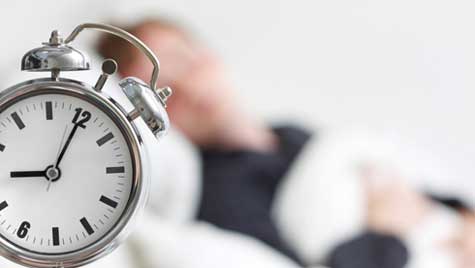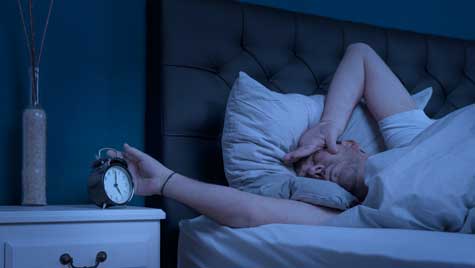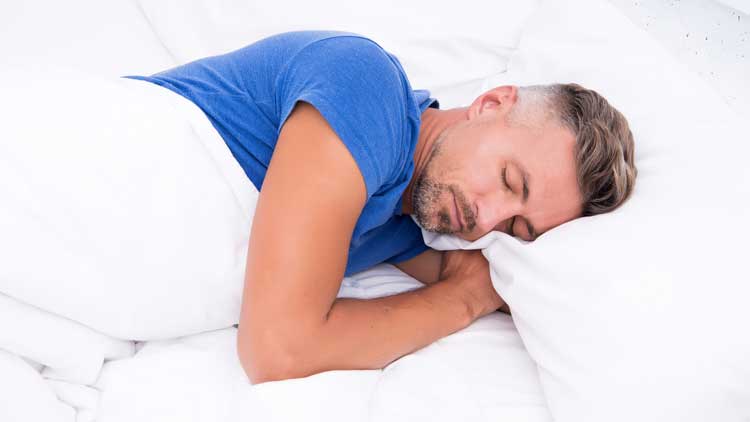A good night’s sleep is crucial for our health, mood and energy levels. But it’s not always easy to get the restful slumber you need.
There are several factors that can contribute to poor sleep, including diet, exercise and the environment. Learn these Tips For Better Sleep and you’ll have a much more peaceful slumber.
Set a Regular Bedtime

Getting a good night of sleep is essential for mental and physical well-being. But despite the benefits, many people struggle to fall asleep at an appropriate time and remain asleep throughout the night.
Luckily, there are several things you can do to help promote better sleep, including setting a bedtime and sticking with it every night. To begin, choose a reasonable bedtime and wake up time that works best with your lifestyle and set an alarm. Then, begin a wind-down routine, such as taking a warm bath, reading a book or listening to relaxing music. This helps train your brain to become tired at your typical bedtime.
Avoid Screen Time
Whether you’re playing video games, watching TV or scrolling social media, screen time takes a toll on your eye health and can negatively affect sleep. The blue light emitted by electronic devices tricks your brain into thinking it’s still daytime, which reduces production of the sleep-promoting hormone melatonin. It’s also a good idea to avoid screens within two hours of bedtime as it can disrupt natural sleep rhythms, check this site out.
Try reading a book or chatting with friends instead. This can help you overcome the COVID-19 pandemic’s effects on your daily routine and improve your quality of life. You may even feel more energetic and productive.
Don’t Exercise Right Before Bed
Traditionally, exercise is not recommended at night because it raises your heart rate and body temperature, making it harder to fall asleep. However, recent studies have shown that regular exercise promotes better sleep overall.
For best results, try to exercise during the day and avoid intense workouts within several hours of your bedtime. You can still get the benefits of exercise by doing a low-impact activity like walking, swimming or yoga.
Avoid Alcohol
It may be tempting to have a nightcap or last glass of wine before you go to bed, but doing so could actually be robbing you of a good night’s sleep. Alcohol is a sedative, so while having it in your system will make you feel sleepy at first, as the effects wear off it can disrupt the normal sleeping cycles and cause longer-term sleep issues.
Alcohol can also interfere with melatonin production and core body temperature, which can cause problems with falling and staying asleep. Instead, try drinking caffeine-free drinks like hot chocolate or a nonalcoholic cocktail and avoiding alcohol within six hours of bedtime.
Keep Your Room Dark

Research shows that sleeping in a dark room makes it easier to fall asleep and stay asleep. Bright light sends a signal to the body that it’s time to wake up and suppresses melatonin, a sleep-promoting hormone.
Use blackout curtains and invest in a quality sleep mask to keep the light out. This will also help you avoid oversleeping, which can affect the quality of your sleep.
Conclusion:
Noise can also interfere with sleep, so try to eliminate it as much as possible. If you can’t eliminate it completely (faucet drips, nearby traffic), try using a white noise app or machine. Keep naps short so that they don’t interfere with your nighttime sleep.


